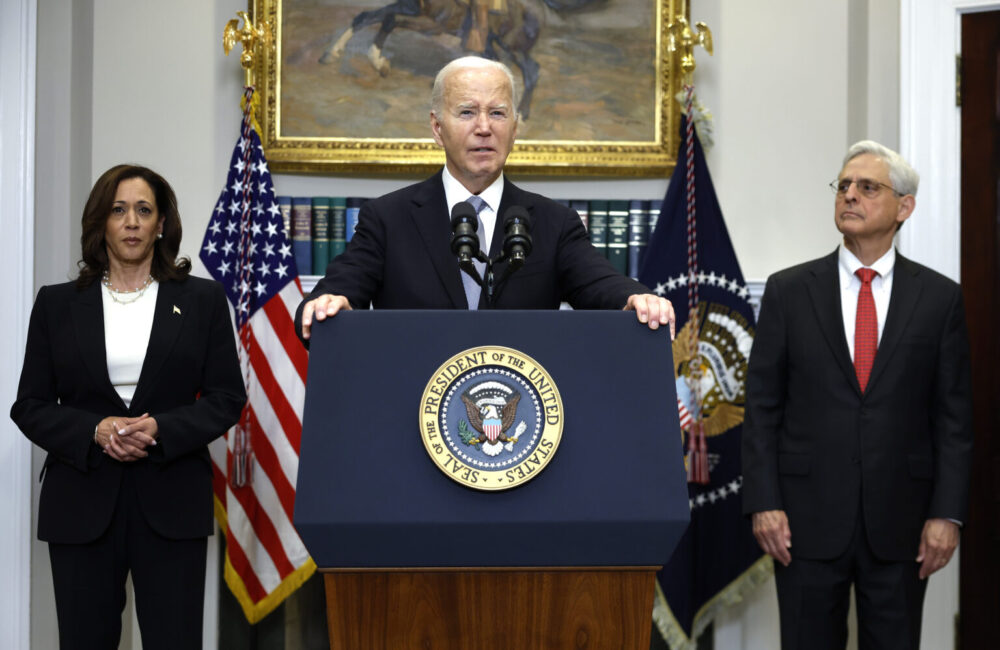The Biden administration has encountered significant obstacles in its efforts to broker a ceasefire in the ongoing Israel-Hamas conflict, raising concerns within the White House about whether a resolution can be achieved before President Joe Biden’s term ends.
Despite months of intensive diplomatic efforts, recent developments have cast doubt on the prospects of a successful ceasefire agreement. U.S. officials now question whether Hamas, led by Yahya Sinwar, genuinely seeks a resolution. The situation was further complicated by Hamas’s recent execution of six hostages in Gaza, which has intensified skepticism about the group’s willingness to negotiate.
Israeli Prime Minister Benjamin Netanyahu has also dampened U.S. optimism. Netanyahu bluntly stated that a deal is not imminent and has advocated for a permanent Israeli presence in southwestern Gaza, contrary to international calls for a full withdrawal. This position clashes with U.S. and global expectations, which envision a phased withdrawal of Israeli forces from Gaza.
Protests in Israel against Netanyahu’s government have surged, with many Israelis expressing frustration over the lack of progress in securing the release of over 100 hostages, including several Americans.
U.S. officials have placed much of the blame for the impasse on Hamas, with one senior administration official suggesting that the group may never be inclined to agree to a ceasefire. The official also noted that increased pressure on Netanyahu might not be effective, given the current composition of his government.
Secretary of State Antony Blinken emphasized that both Israel and Hamas need to agree on the remaining issues for a ceasefire to be realized. The failure to secure a deal in the coming months would represent a significant setback for Biden’s foreign policy efforts, which have been heavily focused on the Gaza conflict in recent weeks.
Biden has been described by aides as “obsessed” with resolving the issue, using his freed schedule following the suspension of his reelection campaign to engage with regional leaders. His recent phone calls with Egyptian and Qatari leaders reflect his commitment to the negotiations.
However, the assassination of Hamas leader Ismail Haniyeh in July by Israeli forces has further complicated the situation. Biden and Netanyahu had met shortly before the assassination, and the killing of Haniyeh, a key negotiator for Hamas, has cast doubt on the feasibility of a ceasefire.
Despite these challenges, the White House remains hopeful. Officials claim that 90% of the ceasefire agreement’s details have been settled, with the remaining disputes focused on the withdrawal of Israeli troops and the release of Palestinian prisoners.
White House national security spokesman John Kirby emphasized the administration’s pragmatic approach, acknowledging the difficulty of the final 10% of negotiations. Meanwhile, CIA Director Bill Burns also noted the complexity of finalizing the agreement, underscoring the challenges that remain.
As the administration continues its efforts, Biden remains hopeful. When asked about the potential for a successful deal, Biden responded, “Hope springs eternal.”

